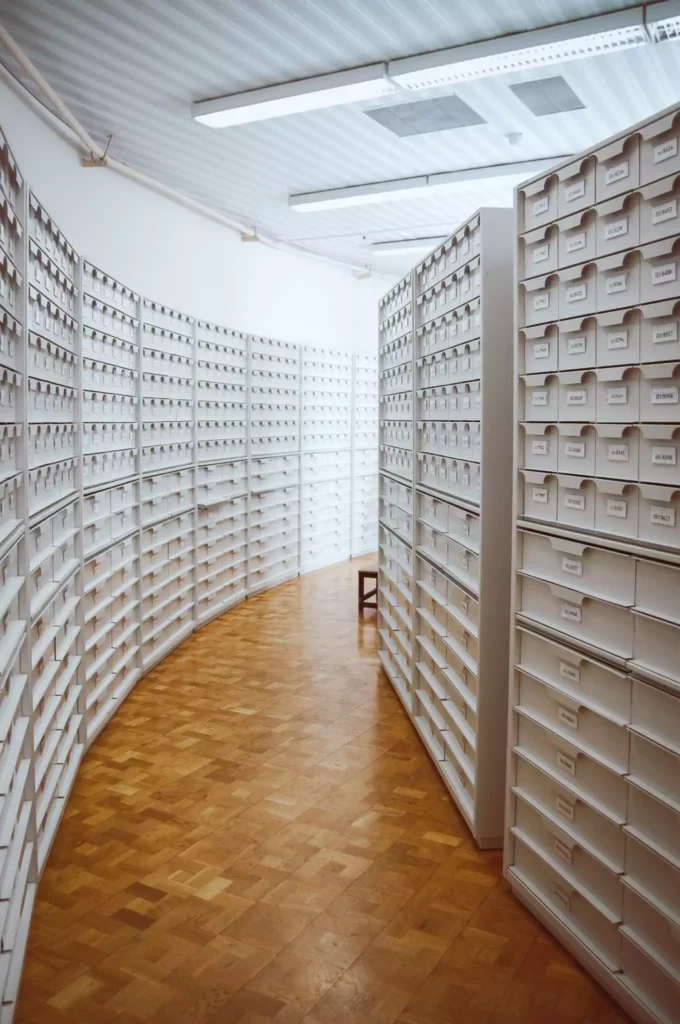
How are archival materials made discoverable by researchers and the public online?
One way that some archives are working to expand access to their digitized archival collections is by crowdsourcing transcription work. Transcribing can be a lengthy and costly process for archives, so some are choosing to open some collections up for members of the public to transcribe. Through Stanford University’s “From the Page” project, Yale University Library’s Transcribe @ Yale, and through the Smithsonian’s Digital Volunteer portal, you can help transcribe, tag, and review some of their digitized collections to make them more usable by the public and researchers.
The Library of Congress has also established its By the People initiative, providing digital access to thousands of their records online that they want the public’s help with transcribing. Anyone with the time and interest can access certain archival collections in order to transcribe them for future users. The LoC has set up an easy interface that makes it easy to see the document on one side of the screen, and a blank area for you to type into on the other side.
Not a historian, or never done this before?
Don’t worry! The Library of Congress wants anyone who is interested, whether or not they have any experience, to participate in this initiative. The LoC gives comprehensive directions for you to follow. And if you’re still feeling nervous that you might enter information incorrectly, don’t worry. There’s another step built in where another person reviews work that’s already been done.
How can I get involved?
Sign up to join us at the library for a special program on Wednesday, April 8: Deciphering the Past. At this program, you’ll learn how to work with the Library of Congress collections and focus on transcribing items from the “Suffrage: Women Fight for the Right to Vote” collection. Items in the collection include letters, speeches, diaries, and other documents related to women’s fight for the vote. The program is a chance to participate in making history more accessible while learning along the way.
This event is open to everyone, and registration is in pairs. We encourage teens/tweens to sign up with an adult so they can work together to interpret cursive handwriting and type the transcription.
